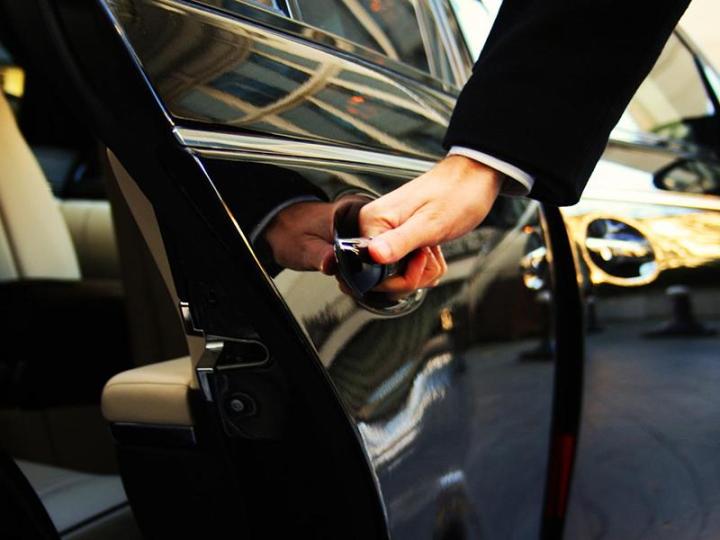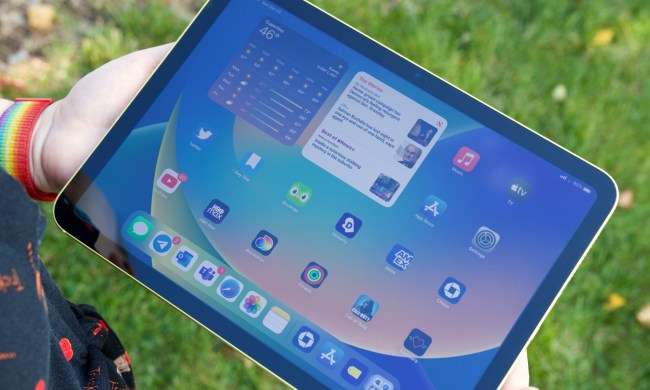
Up until now, authorities have often been dealing with anti-Uber sentiment by simply banning the app altogether. Established cab drivers have been protesting against the new wave of apps all across the world, but there’s no denying the consumer demand for a simple, cash-free, app-based way of hailing a ride and getting home. In the end, we may see the likes of Uber and Lyft taking on officially sanctioned alternatives for a slice of market share.
Chicago’s upcoming smartphone app will work very much like the independent alternatives, giving the city’s 7,000 cab drivers the ability to tap into a wider network of customers from across the local area. As SlashGear reports, fees and costs for drivers are set to be reduced at the same time, and drivers are going to be given a cut of the advertising revenue from their cars. Credit card fees will be reduced as well as part of a selection of benefits announced by the city.
The story is very much the same in D.C., as outlined by the Verge. The Universal DC TaxiApp will go into beta tesing in March and could be rolled out fully by late spring — again the aim is to give the 7,000 licensed taxis in the city the chance to pick up fares from a broader geographical area. Apps like Uber and Lyft would not be banned, but there will be an official alternative.
“This is not targeting Uber per se,” D.C. Taxi Commission spokesman Neville Waters told the AFP news agency. “This is a result of what consumers have been demanding — and it enables taxis to compete on a level playing field with other private operators. We are the first in the country to have a universal taxi cab app.”


